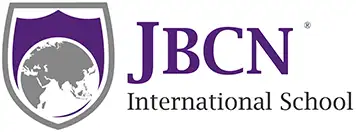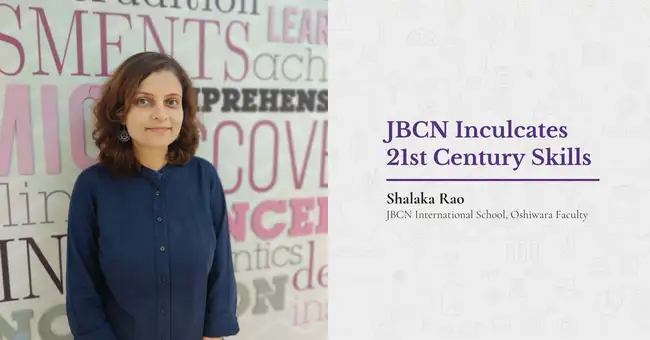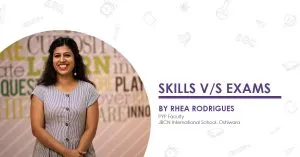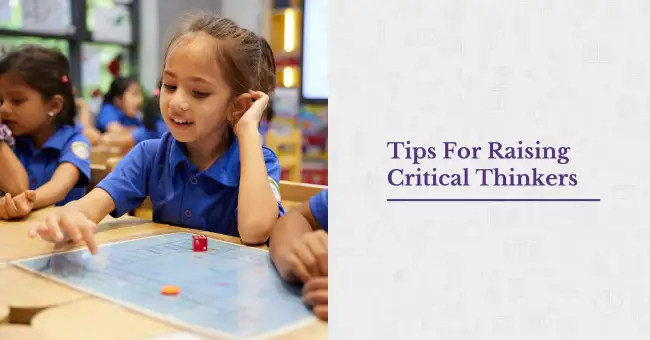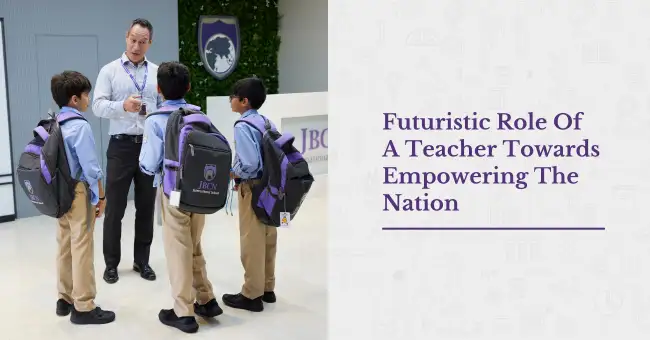
At JBCN International School, Oshiwara, the focus is on “contextual teaching and learning” rather than a conventional method of learning. Contextual learning is based on a constructivist theory of teaching and learning. Learning takes place when teachers are able to present information in a way that students are able to construct meaning based on their own experiences. Contextual teaching and learning as an approach can be applied in developing some language skills also such as speaking and writing.
In this case, a qualitative case study research design was conducted by Satriani, Emilia and Gunawan (2012) to investigate that strategy whether it can improve the student’s writing ability or not. As the result, the teaching writing by using contextual teaching and learning was successful to improve students’ recount writing skill.
The English teachers at JBCN thus provide structured lessons in reading comprehension, note-taking, summarising, effective sentence construction, paragraphing, grammar and vocabulary development. They emphasize that through this the learners are acquiring tools and processes that will enable them to perform more efficiently and intelligently – in all disciplines and in their future too. Writing tasks are also administered based on experiences that are familiar to learners and have the appearance of being related to real-life situations.
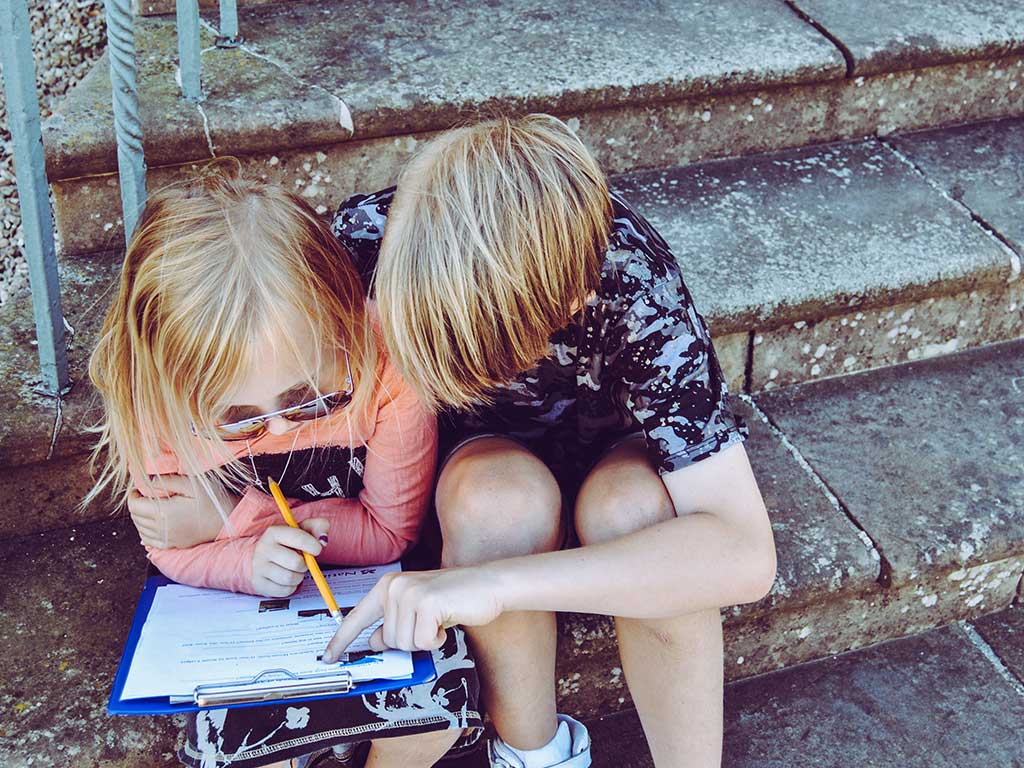
For example, when writing skills are sought to be taught for writing a news report, learners are directed to newspapers and they look at examples of real news reports before composing one of their own. A lesson on ‘reported speech’ may be introduced and developed through role-playing of actual conversations amongst a group of people.
Passages selected for the development of reading comprehension skills may be carefully selected so that they reflect the learners’ interests like computer gaming, sports, and films. Speaking skills are developed and honed through group discussions and debates on issues that are relevant and meaningful to the learners – teenage issues and problems, current affairs, social topics in the news, for instance, discrimination, gender inequality, and environmental conservation. Participation in events like the Model United Nations (MUN) helps the learners address current world issues and develops critical thinking and speaking skills in them.
In the science class, the topic of ‘Respiration and Lungs’ was introduced to the students of grade 7 through an active learning strategy by the science teacher. The concept of breathing and the role of the heart as an important organ in supplying oxygen to every cell of the body was taught and the students were able to make meaningful connections with the topic.
Learners were also introduced to a data collection activity. They were divided into pairs and each pair measured the pulse rate of their partner for 1 minute. Three readings were taken for the body at rest. Later the learners were asked to record the pulse rate of their partner after they had exercised. As the teacher discussed the results, the learners understood the difference in the pulse rate during rest and exercise. They further discussed that the pulse rate increases during exercise because the heart pumps more oxygenated blood to the muscles that are respiring at a very fast rate due to exercise. The learners led into problem solving and inquiry through this process which required critical thinking. The learners connected their prior knowledge to their learning and got an opportunity to direct their learning.
The learners were able to reflect on their learning and understand the significance of the respiratory and the circulatory system and the whole mechanism that exists in the living world.
In TOK (Theory of Knowledge) sessions, the learners learn the concept of primary knowledge and shared knowledge. Primary knowledge is what you call as your own. Shared knowledge is what comes from other’s experiences. As and when you learn from other’s experiences and utilize these understandings in your own context, they then become your personal knowledge. The pursuit of mankind is to enhance and their share knowledge. To this effect, a more constructivist approach is quite essential. The more they know what their knowledge is worth in future, the more they would love to invest!
Contextual learning motivates and encourages the learners to introspect and explore their talent and learning. They will able to express themselves with precision and confidence and will thus achieve high standards in schools and universities.
Written by - Ms. Pramila Agarwal - Head for the Enrichment Department
JBCN International School, Oshiwara
Research Bibliography
https://en.wikipedia.org/wiki/Contextual_learning
https://mydreamarea.wordpress.com/2013/01/06/contextual-teaching-and-learning/
